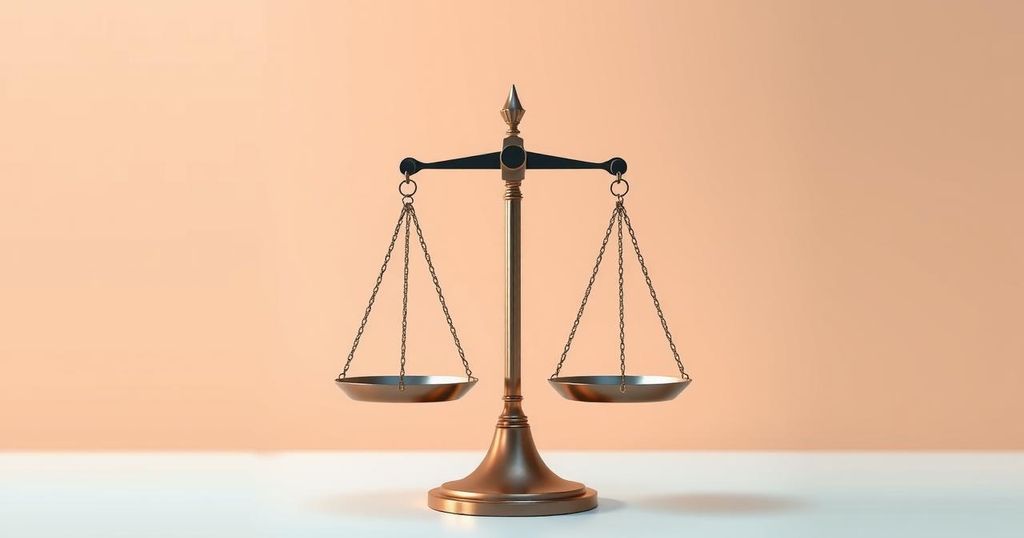Sudan’s genocide claims against the UAE have been dismissed due to insufficient evidence. This ruling raises questions about accountability under international law and has implications for Sudan’s diplomatic relations. The case exemplifies the complexities faced in prosecuting serious allegations like genocide.
Sudan’s recent claims against the United Arab Emirates (UAE) regarding genocide have been dismissed, raising crucial questions about accountability on the international stage. The court handling the case found insufficient evidence to support Sudan’s allegations. This decision comes amidst ongoing tensions in the region, underscoring the complexities involved in international law and prosecutions for such serious offenses.
The allegation centers around actions allegedly taken by UAE forces during conflicts in Sudan, which Sudan claimed amounted to genocide. However, the court highlighted a lack of concrete evidence linking the UAE directly to these acts of violence, leading to skepticism about Sudan’s intended approach. Without more substantiated details, the claims simply couldn’t hold up in the court’s review.
Legal experts suggest this ruling could have wider implications. It not only reflects on Sudan’s judicial capabilities but also raises concerns about how effectively nations can prosecute claims of genocide. The court’s decision points to a potential gap in international legal frameworks that aim to address such severe accusations.
Furthermore, the ruling has implications for diplomatic relations in the region. Sudan’s accusations may have been an attempt to garner international support but ultimately appear to have backfired, leaving them with fewer allies in their fight for justice and accountability. Critics might argue that the fallout could weaken Sudan’s position in future negotiations and discussions on human rights.
In the broader context, this case highlights the struggles many nations face when trying to navigate the complicated web of international law. The challenges surrounding evidence, accountability, and international diplomacy become even more pronounced when dealing with serious claims like genocide. As the situation evolves, observers will be closely monitoring how this affects both Sudan and the UAE moving forward.
Lastly, as this ruling reverberates beyond just Sudan and the UAE, it may serve as a wake-up call for the need for clearer guidelines and stronger frameworks in international law to address such critical issues adequately.
In conclusion, Sudan’s genocide claims against the UAE were found lacking by the court due to insufficient evidence, emphasizing the complexities and challenges in prosecuting international human rights violations. The ruling not only impacts Sudan’s credibility on the global stage but also highlights broader issues within international law regarding accountability and the prosecution of serious accusations. As the region’s dynamics shift, this case may significantly influence future legal and diplomatic interactions.
Original Source: www.law360.com






